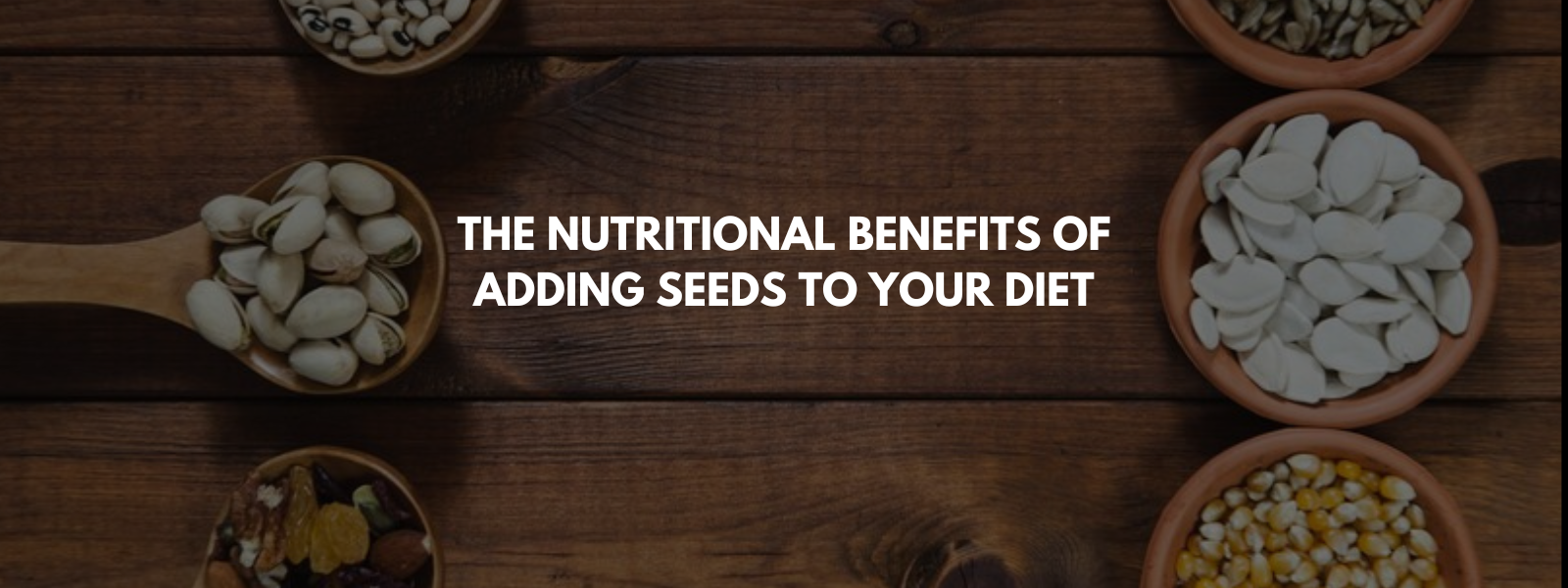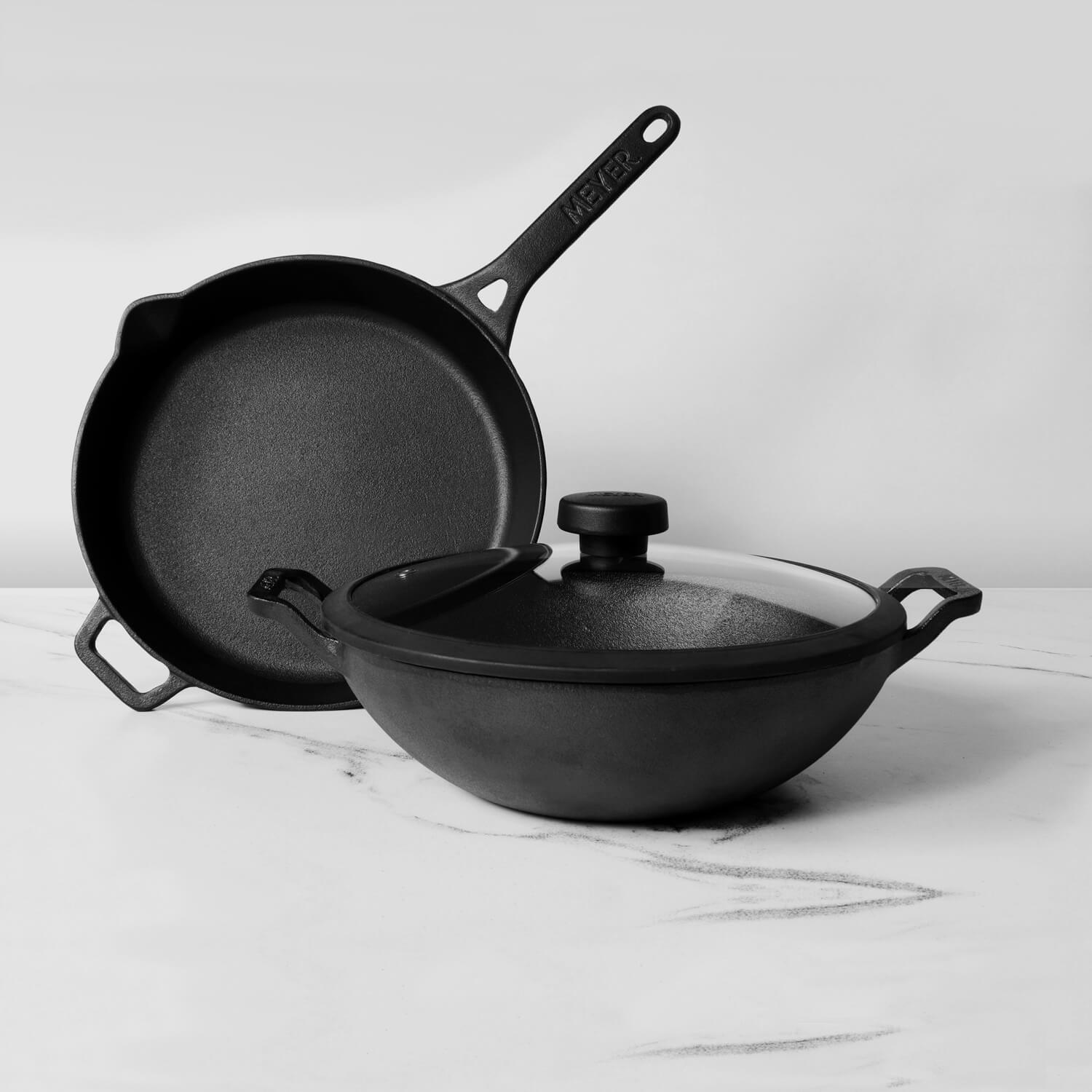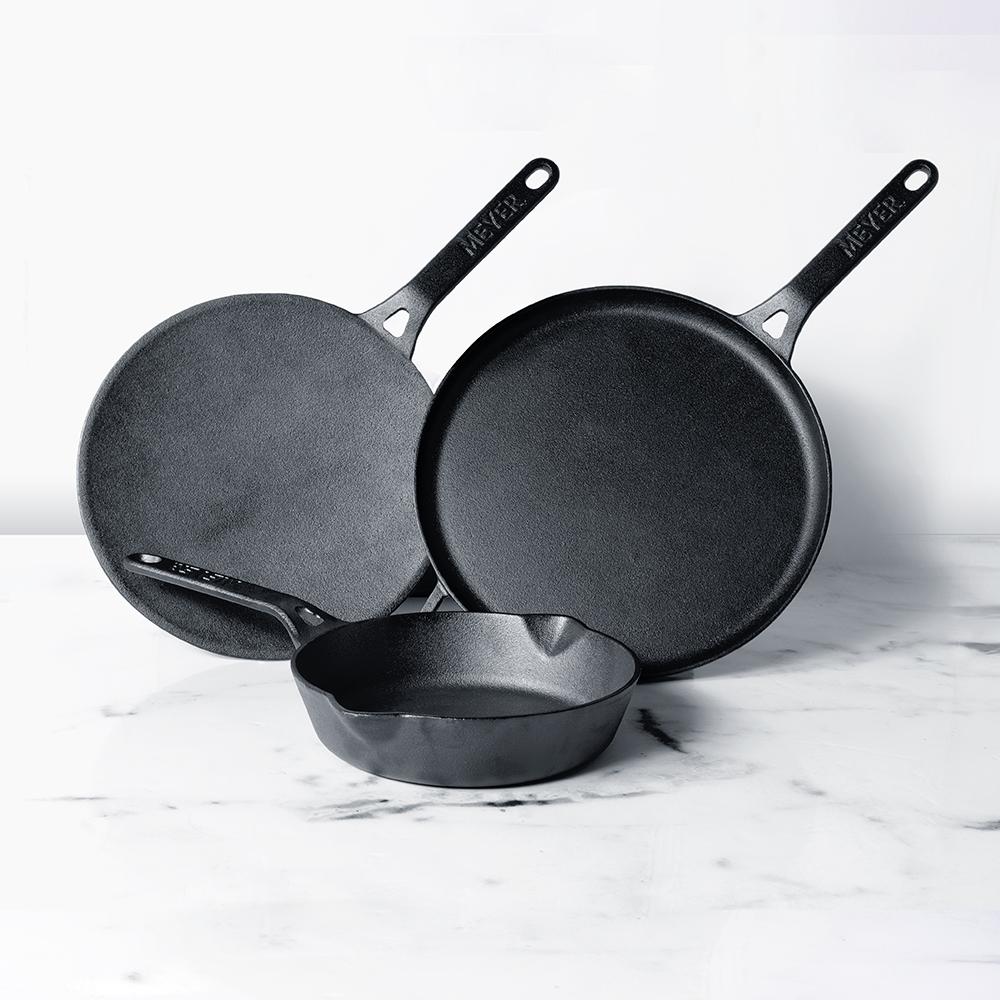The nutritional impact of cooking methods on food is significant and can vary depending on factors such as heat, cooking time, and the presence of water or oil. Heat exposure during cooking can lead to the degradation of certain vitamins and minerals, particularly water-soluble nutrients like vitamin C and B vitamins. Boiling and prolonged cooking times can result in nutrient loss, as vitamins and minerals leach out into the cooking water. However, certain cooking methods, such as steaming and microwaving, can help preserve the nutrient content of food by minimizing exposure to heat and water. Dry heat cooking methods like baking and roasting can also retain more nutrients compared to methods like frying or deep-frying, which may lead to significant nutrient loss and the absorption of unhealthy fats.
Different cooking methods can affect the retention of nutrients in foods. Heat, light, and water exposure during cooking can lead to the degradation of certain vitamins and minerals. Understanding how cooking methods impact nutrient retention is crucial for maintaining the nutritional quality of food.
Table of Contents
Impact of Heat:
Boiling: Boiling food in water can cause water-soluble vitamins like vitamin C and B vitamins to leach out into the cooking water. However, it can also be an effective way to retain nutrients if the cooking water is consumed or used in soups and stews.
Steaming: Steaming is a gentle cooking method that helps preserve the texture and nutrient content of food. It minimizes nutrient loss compared to boiling, as vitamins and minerals are retained within the food.
Effects of Dry Heat Cooking:
Grilling and Broiling: These methods involve cooking food directly over an open flame or heat source. While they can add flavor to food, high heat and direct exposure to flames can lead to the formation of potentially harmful compounds like heterocyclic amines (HCAs) and polycyclic aromatic hydrocarbons (PAHs). However, grilling and broiling can help retain nutrients due to shorter cooking times.
Baking and Roasting: Baking and roasting foods in an oven can lead to some nutrient loss, especially water-soluble vitamins like vitamin C and B vitamins. However, these methods can enhance the flavors of food without adding extra fats or oils.
Effects of Frying:
Deep Frying: Deep frying involves submerging food in hot oil, which can lead to significant nutrient loss and the absorption of unhealthy fats. While deep-fried foods may be tasty, they are often high in calories and low in nutrients.
Stir-Frying: Stir-frying involves cooking food quickly in a small amount of oil over high heat. While it can help retain nutrients due to shorter cooking times, excessive heat and oil can still lead to nutrient loss.
Importance of Proper Cooking Techniques:
Choosing the right cooking method and techniques can help preserve the nutritional quality of food while enhancing flavor and texture. Methods like steaming, baking, and stir-frying tend to be more nutritionally favorable compared to deep frying or boiling for extended periods.
Balancing Flavor and Nutrition:
While it's essential to consider the nutritional impact of cooking methods, flavor and enjoyment are also crucial aspects of food preparation. Balancing cooking techniques that retain nutrients with those that enhance flavor can help create delicious and nutritious meals that support overall health and well-being.
Best Cookware In India For Different Types Of Cooking:
Meyer is renowned for offering a diverse range of high-quality cookware that caters to various cooking needs. Here's how Meyer excels in providing the best cookware for different types of cooking:
Nonstick Cookware for Everyday Cooking:
Meyer's nonstick cookware, such as their Accent and Circulon lines, are perfect for everyday cooking tasks like frying eggs, sautéing vegetables, and searing meats. These nonstick surfaces ensure easy food release and effortless cleanup, making them ideal for busy households.
Stainless Steel Cookware for Versatility:
Meyer's stainless steel cookware, including their Select & Trivantage, offers durability and versatility for a wide range of cooking techniques. Stainless steel is excellent for browning, searing, and deglazing, making it suitable for everything from stove-top cooking to oven roasting.
Cast Iron Cookware for Heat Retention:
Meyer's cast iron cookware is perfect for dishes that require even heat distribution and excellent heat retention, such as braising, frying, and baking. Cast iron cookware is also highly durable and can last for generations with proper care.
Enamel-Coated Cookware for Even Cooking:
Meyer's enamel-coated cookware offers the benefits of cast iron with the added convenience of easy cleanup and colorful aesthetics. The enamel coating provides a nonstick surface and helps distribute heat evenly for consistent cooking results.
Conclusion:
The nutritional impact of cooking methods on food underscores the importance of selecting appropriate techniques to preserve nutrients while enhancing flavor and texture. By understanding how different cooking methods affect nutrient retention, individuals can make informed choices to optimize the nutritional quality of their meals. Incorporating a variety of cooking techniques, such as steaming, baking, and stir-frying, can help strike a balance between flavor and nutrition, resulting in delicious and healthful dishes that nourish the body and satisfy the palate.











Leave a comment